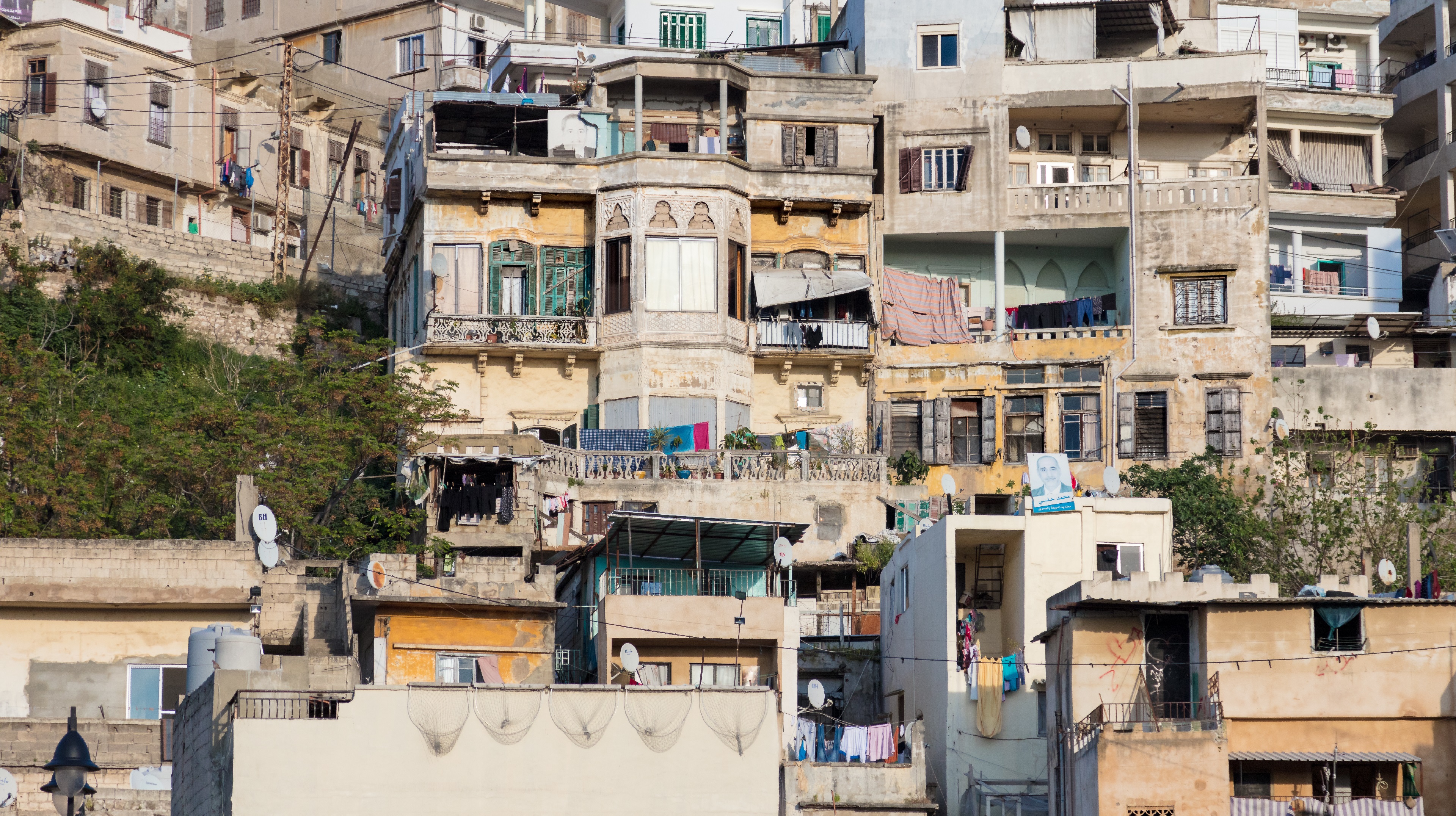In Lebanon’s North Governorate, Lebanese and Syrian communities coexist in a delicate balance. As a result of the Syrian conflict, more than 800,000 Syrians are registered as refugees in Lebanon, one of the highest numbers of refugees per capita in the world. The balance between them, however, is threatened by rising tensions – a trend that is fueled in part by the pervasive influence of social media.
On one hand, social media enhances social connections on digital networks, expanding access to information. Conversely, the proliferation of social media has facilitated the rapid dissemination of misinformation, prejudice, and xenophobic rhetoric, intensifying the divide between communities and escalating sectarian disharmony. These tensions between Lebanese and Syrians in Lebanon are driven by various factors, including economic competition, political differences, and historical grievances.
Our research probed how social media is used by refugee and host communities in five districts within Lebanon’s northern governorate to access critical goods, resources and information. It also explored how social media is perceived to contribute to inter and intra-community conflicts.
Facilitating the spread of false narratives
Our study – which included 460 surveys and eight focus group discussions (FGDs) – showed that nearly three-quarters of all survey respondents found social media played a part in creating this discord. Lebanese participants were slightly more likely than non-Lebanese to perceive social media as a tension contributor.
FGD participants also reported the negative impact of hate speech and fake news, mostly propagated through social media, on social cohesion among refugee and host communities in Lebanon. Syrians gave several recent examples of information circulating on social media which negatively impacted their daily lives.
Indeed, the Lebanese government has repeatedly stated that hosting Syrian refugees is causing a strain on public resources, such as electricity, water, and bread. The Lebanese authorities’ new plan to forcibly return Syrian refugees to Syria, as well as Syrians and Lebanese being compelled to stand in different lines at bakeries, all reportedly fanned discord.
“As Syrians, we are scared of going outside sometimes,” said a man living in a home in the district of Minnieh-Dannieh, east of the north governorate’s capital Tripoli, during one of the FGDs.
Reinforcing sectarian and political divisions
The algorithm-driven newsfeed of social media platforms has created echo chambers, where users are only exposed to content confirming their beliefs. As such, these users are less likely to engage with diverse perspectives, perpetuating negative attitudes towards certain groups.
FGDs conducted in Lebanon’s northern governorate suggested this phenomenon further reinforces sectarian and political divisions between Lebanese and Syrian communities. For example, information on access to basic services – such as health and education – is being shared primarily within existing networks, rather than across, which can further entrench divisions and inhibit integration. For example, if a Syrian refugee community in Lebanon does not have access to information about education in their host community, social media will not necessarily help bring them additional information – but it will facilitate the spread of existing information within that community.
Adverse conditions
The prevalence of discrimination experienced by Syrian refugees in their host communities further underscores the challenging environment they face. More than a third of Syrian survey respondents said they experienced discrimination in their community due to their country of origin. Overall, 47% of the Syrians who reported facing discrimination said it occurred between one and three times a year. Nearly a third of Syrians (31%) and almost half of Palestinians said they faced discrimination about once a month. Most Lebanese (84%) said they never faced discrimination, and those who did said it was due to their sect or religion (11%).
There were notable differences between urban and rural areas. Overall, 23% of survey respondents described their neighbourhood as rural, 30% as urban and 47% as semi-urban.About a third of respondents from rural areas said that they had experienced discrimination in their community due to their place of origin. This could be due to more Syrian respondents reporting living in rural areas.
Easing tensions
The impact of misinformation spread on social media makes it challenging to foster understanding and collaboration between Lebanon’s communities. Addressing it requires a multi-faceted approach.
Media literacy programs, for example, can help individuals critically evaluate information and identify false narratives, while community engagement initiatives can create opportunities for dialogue and understanding between different groups.
Promoting peaceful coexistence and social harmony between Lebanon’s host and refugee communities requires a collective effort to address the root causes of social tension and create a more inclusive and compassionate society. Effective use of social media can also play a crucial role in this endeavor, by enabling respectful dialogue and fostering greater understanding and acceptance of diverse perspectives.
This article was originally published on the LSE website, here.



